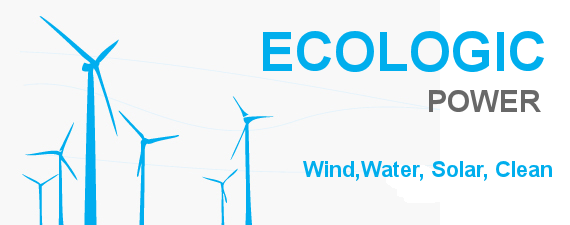In today's digital world, we have access to a wealth of environmental information online, which can be both helpful and overwhelming. There is a lot of data available, but finding reliable, up-to-date, and comprehensive sources can be a struggle. To get accurate insights about environmental issues, it's essential to approach online research strategically. This means seeking out valuable resources and understanding the digital footprints of sustainability initiatives worldwide.
As both researchers and everyday citizens work to tackle urgent environmental challenges, knowing how to navigate the vast online landscape is crucial. For instance, organizations like the Environmental Protection Agency (EPA) and the World Wildlife Fund (WWF) provide credible information and resources that can aid in this quest.
By honing our skills in sifting through these digital resources, we can gather meaningful data that informs our understanding and drives effective action.
Exploring the complexities of online environmental information reveals both the challenges and opportunities we face. By improving our ability to find and interpret this data, we can uncover insights that are essential for making informed decisions about our planet's future.
Navigating Environmental Information Gaps

Three main challenges make it difficult to navigate gaps in environmental information.
First, the environment is changing quickly, and this speed often surpasses our ability to gather and analyze data effectively. As a result, the information we have can be outdated or incomplete, which complicates decision-making for policymakers and researchers. For example, if data about air quality is not updated frequently, it can mislead efforts to tackle pollution.
Second, understanding environmental issues requires knowledge from various fields, but the way research is conducted often creates barriers. Many scientists work in isolation, which means we miss out on a complete picture of the challenges we face. For instance, a study on water quality might not connect with research on agricultural practices, even though they influence each other significantly.
Third, there is a lack of consistent methods and reporting standards across different regions and sectors. This inconsistency leads to varying data quality and makes it hard to compare information. For example, one country may report greenhouse gas emissions differently from another, making it challenging to assess global progress.
To tackle these issues, we need better technologies for data collection and analysis. Encouraging collaboration between different scientific disciplines is also crucial to create a more comprehensive understanding of environmental challenges. Standardizing reporting methods can improve the quality and comparability of data across regions. Investing in open-access platforms and encouraging citizen science initiatives can further help fill these information gaps, allowing more people to participate in data collection and analysis.
Ultimately, addressing these challenges is essential for creating effective environmental policies and sustainable solutions. By working together and enhancing our data practices, we can better protect our planet for future generations.
Hidden Eco-Treasures Online
The digital world is full of hidden ecological resources just waiting to be found. While many people turn to popular environmental news, there are countless online platforms that share important information about global sustainability efforts. These lesser-known eco-treasures include specialized databases, research repositories, and niche forums that cover topics such as Latin America's shift to clean energy, China's progress with green certificates, and small-scale sustainability projects in Africa.
Although some of this information might be hard to access due to broken links or outdated pages, determined researchers can still uncover valuable data. This includes insights into wildlife loss, the challenges of microfinance in developing countries, and new technologies like carbon capture and storage. By venturing into these less explored digital areas, environmentalists and policymakers can develop a broader understanding of global ecological issues.
This deeper knowledge is crucial as it allows for more informed decision-making and targeted actions to tackle pressing environmental challenges in various regions and sectors. For instance, understanding the specific energy needs in Latin America could lead to tailored solutions that support local communities while promoting sustainability. Therefore, diving into these hidden resources can significantly enhance efforts to protect our planet.
Digital Footprints of Green Progress

Tracking the digital footprints of green progress shows a significant global shift towards sustainable practices and technologies. Online platforms and databases give us valuable information about environmental initiatives happening around the world.
For example, the rise of the green certificate market in China highlights the nation's commitment to clean energy. Similarly, energy transformation efforts in Latin America showcase the region's dedication to sustainability.
These digital resources also help us understand the challenges faced in this journey.
For instance, Cambodia is grappling with a microfinance crisis, which complicates its sustainability efforts. Additionally, the complexities surrounding loss and damage finance for COP29 reveal the intricate issues that need addressing.
By examining the online landscape, we gain insights into various environmental challenges, such as wildlife loss in Latin America and the potential of carbon capture and storage technologies in Asia.
These digital footprints serve as essential tools for researchers, policymakers, and activists. They allow us to monitor global environmental trends, evaluate the effectiveness of green initiatives, and pinpoint areas that need immediate attention.


